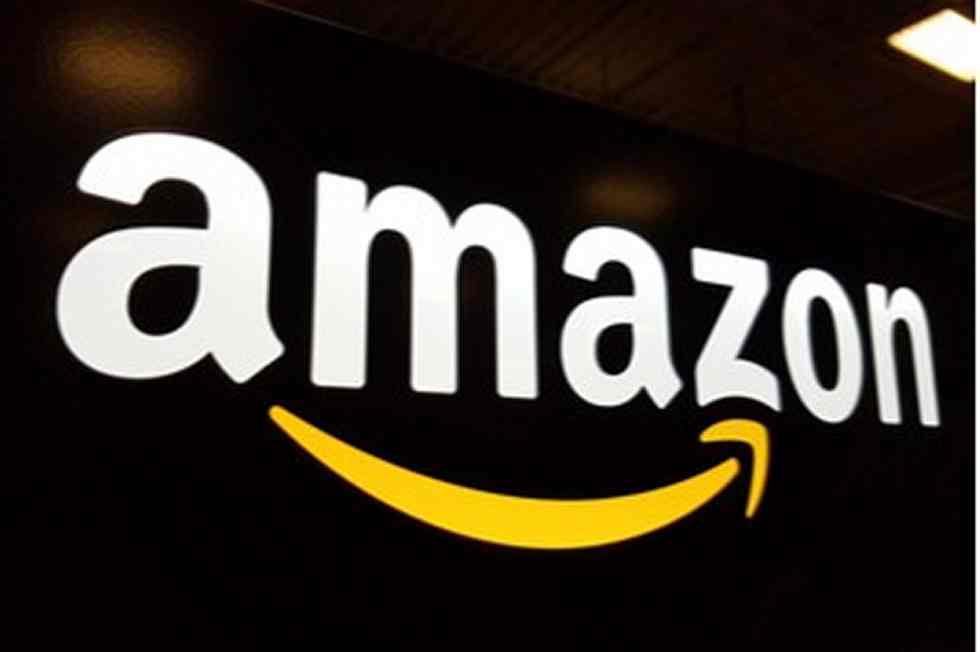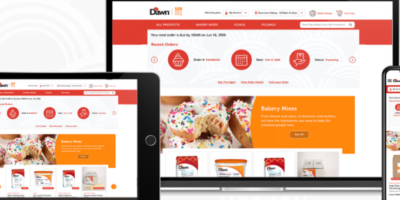
U.S. ecommerce, already rising quick earlier than the pandemic, accelerated when the pandemic hit america in March. However that’s simply a part of the story about how the COVID-19 disaster has modified buying habits around the globe.
Latest research reveal how dramatically shopper buying habits have advanced over the previous a number of months—and why the previous regular of 2019 and the early months of 2020 is sort of actually gone for good.
In a world research launched this week by Salesforce Inc., 63% of customers mentioned the best way they get hold of items and companies “reworked” throughout 2020 and 57% mentioned the identical in regards to the methods they have interaction with corporations. 62% mentioned this 12 months modified how they conduct their lives offline and an equal share mentioned it modified their on-line lives.
Additionally, 58% of customers mentioned they count on to do extra on-line buying after the pandemic than they did earlier than it and 80% of enterprise patrons surveyed count on to do extra enterprise buying on-line within the post-pandemic period, in contrast with the pre-pandemic interval.
Salesforce collected its information from a survey performed from July 16 by Aug. 18, 2020. Respondents represented 27 nations on six continents. The research included responses from 12,000 customers and three,600 enterprise patrons. Salesforce weighted the information to characterize the overall inhabitants precisely.
Whereas the world waits for vaccine or therapeutics able to ending the pandemic, Salesforce discovered customers now work together on-line with corporations 60% of the time and offline 40% of the time. In 2019, the break up was 42% on-line and 68% offline. And so they count on to do extra of the identical sooner or later: 88% of consumers count on corporations of all types to speed up digital initiatives because of the pandemic and 83% count on retailers to offer versatile delivery and achievement choices equivalent to buy-online-pick-up-in-store.
Additionally, 68% mentioned COVID-19 elevated their expectations of corporations’ digital capabilities, 61% count on to spend extra time on-line after the pandemic than earlier than it hit, and 60% mentioned COVID-19 is altering their relationships with know-how.
Salesforce additionally discovered a heightened consciousness amongst customers and enterprise patrons about corporations’ ethics and values and their suppliers. Within the Salesforce survey, 71% of customers mentioned they pay nearer consideration to corporations’ ethics than they did a 12 months in the past and 61% mentioned they stopped shopping for from an organization as a result of its values didn’t align with theirs. Likewise, 75% of enterprise patrons mentioned distributors’ ethics more and more issue into their buying choices. 90% of customers surveyed say how an organization acts throughout a disaster reveals its trustworthiness. 51% of customers belief an organization extra due to its response to this 12 months’s disaster and 31% belief an organization much less for a similar motive.
Vacation buying began early, nevertheless it’s removed from over
Like most different issues in 2020, Amazon.com Inc.’s Prime Day occasion was completely different this 12 months. Not solely did Amazon maintain the two-day sale on Oct. 13 and 14 (as an alternative of in July), the retailer benefited from many patrons’ want to purchase vacation items early. Gross sales surpassed final 12 months’s 48-hour occasion by 45.2%, an early Digital Commerce 360 evaluation exhibits. Digital Commerce 360 estimates Amazon’s gross sales on 2020’s Prime Day hit $10.40 billion globally, up from an estimated $7.16 billion through the 48-hour occasion in July 2019.
Based on information from last-mile know-how vendor Convey, cargo quantity for the week of Prime Day elevated 8.5% in comparison with the earlier week. Final 12 months, the week-over-week improve was 3.2%, Convey says.
“Transferring Amazon Prime Day from July to October lured vacation buyers to start out early. In impact, Amazon has created a 75-day vacation season, as an alternative of the standard 30-day dash we see from Black Friday to Christmas,” says Carson Krieg, co-founder and director of strategic partnerships at Convey. “Second, with the pandemic nonetheless lingering throughout the U.S., persons are nonetheless shopping for extra on-line, whether or not for the security it supplies or as a result of shuttered shops. A brand new era of customers have discovered to purchase on-line this 12 months and are shifting their shopping for habits,” Krieg says.
Parcel carriers like United Parcel Service and FedEx have handled holiday-like spikes in delivery quantity because the pandemic hit, Krieg says. He provides that Convey expects that form of quantity to proceed through the vacation, which might imply larger prices for retailers as carriers place limits on the variety of package deal pickups and elevated surcharges.
“We’re advising our retail purchasers to broaden their provider networks and take into account including regional carriers, in addition to encourage new achievement strategies that don’t require residential delivery equivalent to BOPIS. Maybe most significantly, we’re advising retailers to speak early and infrequently round delivery delays so that buyers have transparency into when their items would possibly arrive.” Krieg says.
Regardless of the early vacation buying begin because of Prime Day, most vacation buyers are procrastinating, leaving a whole lot of potential gross sales for retailers to pursue, in response to a survey from logistics vendor Pitney Bowes Inc. and Morning Seek the advice of, an information intelligence agency. 26% of customers surveyed had began however not completed their vacation buying and 6% had accomplished it. Additionally, 57% of customers plan to buy on-line extra this 12 months and spend about $80 extra general (on-line and offline) than in 2019.
Based on the survey, 45% of customers say they do greater than half of their present buying on-line–almost thrice pre-pandemic. Breaking down the information a bit extra, Pitney Bowes and Morning Seek the advice of discovered:
- 12% of oldsters have already completed their vacation buying, whereas 52% haven’t began.
- About 20% of adults count on to complete vacation buying earlier than Black Friday this 12 months.
- At 28% and 31%, respectively, millennials and oldsters with youngsters at dwelling are the most certainly to complete buying earlier than Black Friday.
- 86% of web shoppers count on to finish vacation buying by the week of Christmas.
- 14% of web shoppers plan to complete their vacation buying through the week of Christmas.
The Morning Seek the advice of performed the survey on behalf of Pitney Bowes in October. The survey included 2,094 U.S. web shoppers ages 18 and above. Researchers performed the survey on-line and the information was weighted to approximate a goal pattern of adults based mostly on age, schooling, gender, race, and area. Outcomes from the complete survey have a margin of error of plus or minus two share factors.
Favourite




















